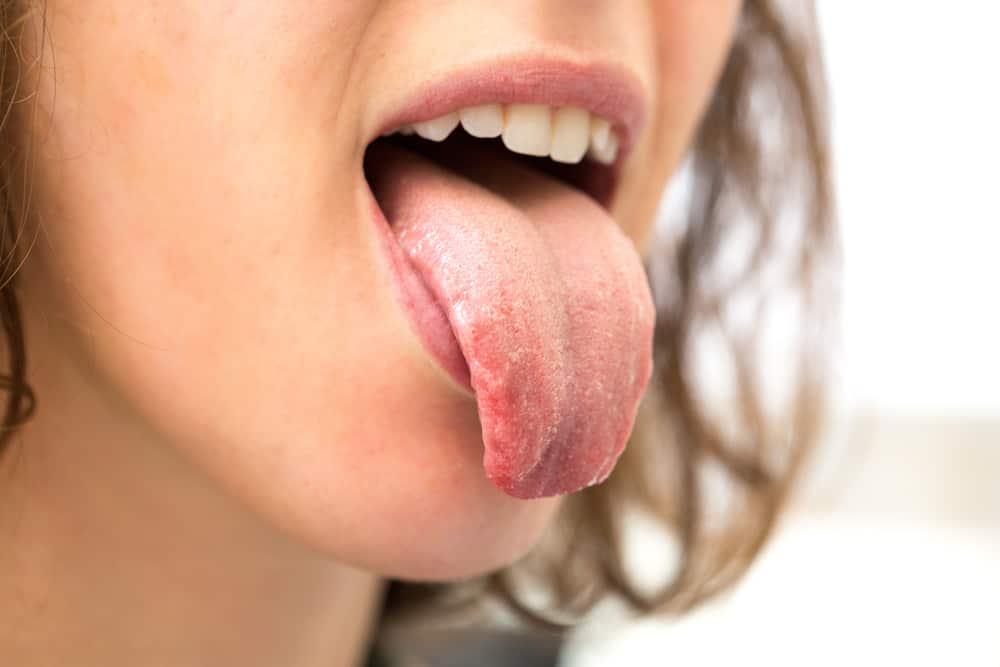Contents:
- Medical Video: How to Know If You Are Too Alkaline or Too Acid?
- What is alkalosis?
- Types of alkalosis based on the cause
- Signs and symptoms if the body experiences alkalosis
- How do you deal with alkalosis?
- How to prevent alkalosis?
Medical Video: How to Know If You Are Too Alkaline or Too Acid?
Human blood has a balanced level of acid and base. In normal circumstances, the acidity of the blood generally ranges from neutral pH with a range of 7.35 to 7.45. However, even a slight increase in pH can make blood tend to be more alkaline. This will disrupt the balance of potassium minerals in the body and blood blood calcium. The conditions associated with increased levels of alkaline are known as alkalosis.
What is alkalosis?
Alkalosis is a condition in which body fluids or blood have excess alkaline levels. This is the opposite of an increase in excess body acid, which is called acidosis. The occurrence of alkalosis can be triggered by the loss of hydrogen ions (H+), reduced acidic compounds such as carbon dioxide (CO2), or increased serum bicarbonate (HCO3–) which is alkaline. Chemical changes in the body can occur due to the response of guard organs to acid and base balance such as the lungs and kidneys.
Types of alkalosis based on the cause
There are five types of alkalosis, including:
Respiratory alkalosis - occurs when too little carbon dioxide in the blood is caused by health conditions such as hyperventilation, fever, lack of oxygen, salicylate poisoning, high altitude and lung and liver disease.
Metabolic alkalosis - triggered by the process of removing too much acid, followed by an increase in alkaline levels. This can happen when someone vomits too much, takes diuretic drugs, experiences adrenal gland disorders, uses antacids, consumes excess bases such as bicarbonate from baking soda, and side effects from consuming alcohol and excessive laxatives.
Hypochloremic alkalosis - occurs when the body loses fluid due to vomiting or sweating too much. This condition also affects the fluid balance in the digestive system.
Hypokalemic alkalosis - caused by deficiency of mineral potassium in the body. This can be caused by eating patterns, kidney disease, and excess discharge from sweat and diarrhea. This condition can also have an impact on the health of the heart, muscles, digestive system and nervous system.
Signs and symptoms if the body experiences alkalosis
Symptoms can vary. In the short term, too high a base can cause symptoms such as nausea, cramps and muscle aches, hands experiencing tremors, and numbness in certain body parts such as around the face, hands and feet.
If it is not treated or allowed to get worse, it can cause dizziness, irregular heartbeat (arrhythmia), difficulty breathing, feeling confused, difficulty processing information (stupor), even coma.
Alkalosis can also be identified by examination of pH levels from urine and blood. Urine pH testing can be done by analysis of urine, while blood pH examination can be done by arterial blood gas analysis. If the blood pH exceeds 7.45, it can be categorized as having alkalosis.
How do you deal with alkalosis?
Most alkalosis symptoms will immediately improve after receiving treatment depending on the cause. Respiratory alkalosis can be overcome by improving the body's oxygen levels by breathing or using a breathing apparatus. If alkalosis occurs due to deficiency of potassium, the use of drugs or supplements can overcome it.
Adequacy of water intake can also overcome alkalosis, especially by consuming isotonic drinks containing electrolytes. However, if the electrolyte imbalance is very severe due to dehydration or too much vomiting, then hospital care needs to be done.
How to prevent alkalosis?
Most types of alkalosis can be prevented by applying a diet with enough potassium and preventing dehydration. Potassium-rich intake is needed to prevent electrolyte deficiency, this type of nutrient can be found in food sources of fruits and vegetables such as carrots, milk, bananas, beans and green vegetables.
Besides preventing alkalosis by getting enough amount of liquid. The condition of dehydration can be prevented by applying the following things:
- drink 8 to 10 glasses of water per day or around 1.5 - 2 liters per day
- water consumption before, during and after exercise
- consumption of electrolyte drinks if you sweat a lot
- avoid sweet drinks when thirsty
- reduce excess caffeine intake from soft drinks, tea or coffee
- immediately consume drinking water if you are already thirsty.












